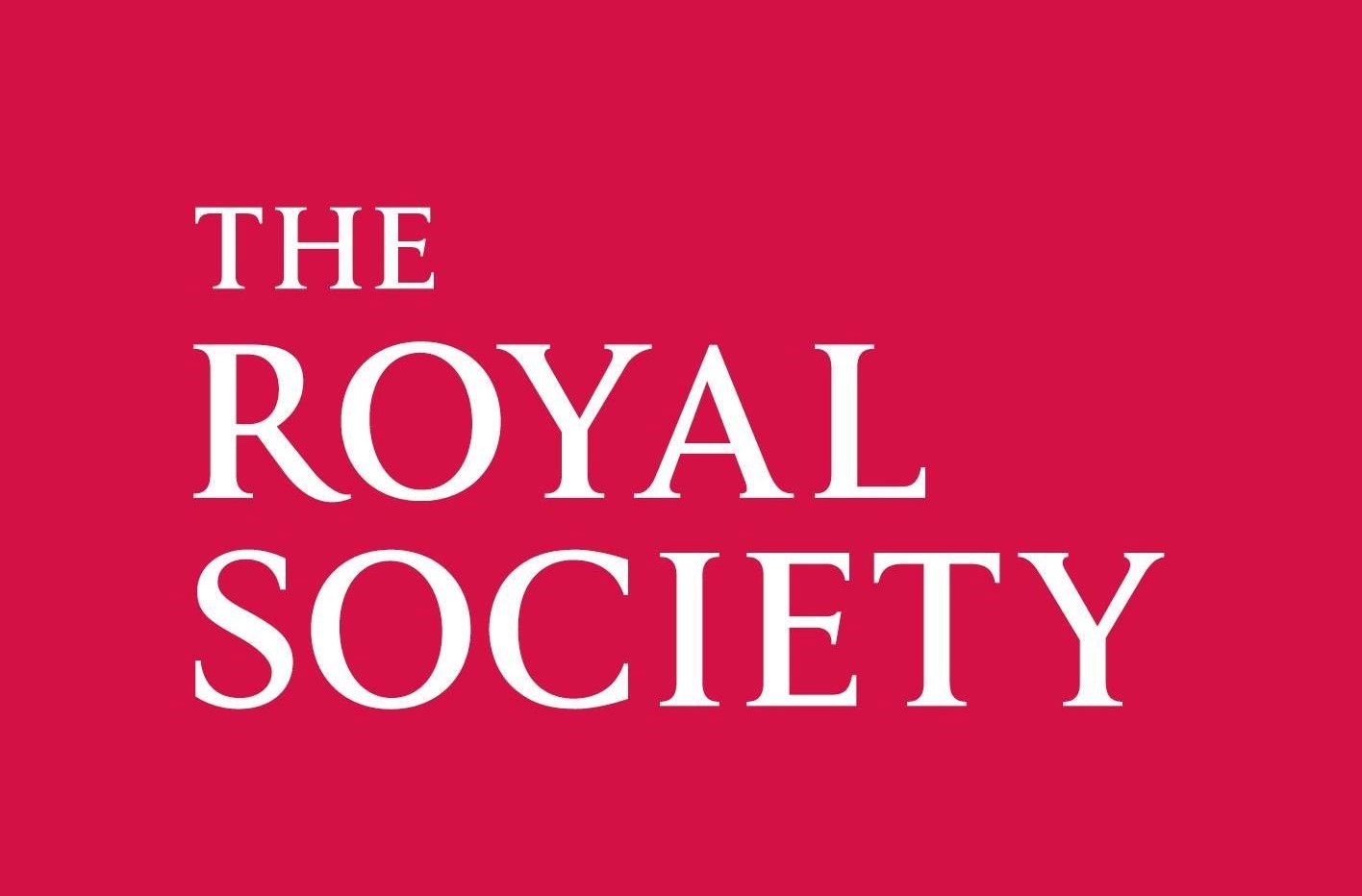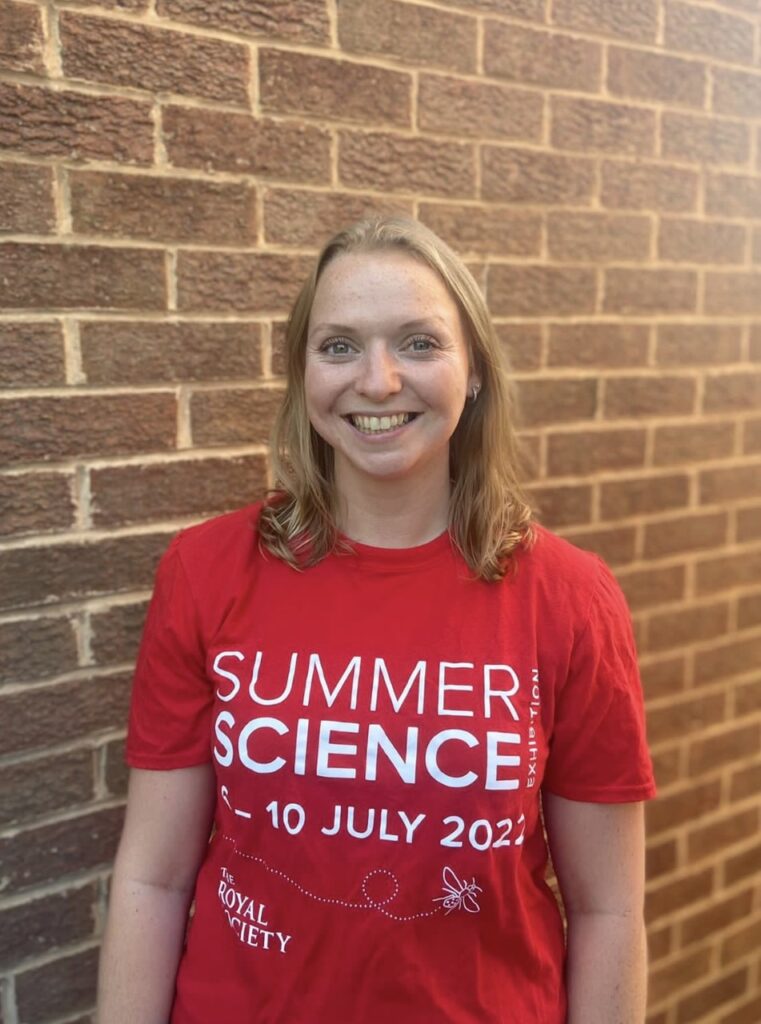For Megan‘s PIPS, she joined the Science Policy department at The Royal Society, working with the Living Landscapes team on the upcoming ‘Multifunctional Landscapes’ policy Report which explores the evidence for how the land can be utilised to deliver multiple outputs.
The featured image is of The Royal Society logo.
What did you do?
I was tasked with gathering evidence, writing sections of the report, making figures, editing, and proof reading.
The Multifunctional Landscapes Report is due to be published in November 2022 and I attended meetings to discuss launch plans with expert Steering Group members. The Living Landscapes team were keen to invite ministers to the launch event so I also wrote and sent invites to the Secretaries of State from Defra (George Eustice) and DLUHC (Michael Gove, at the time).
Using the evidence outlined in the Report, I also prepared a response to a House of Lords inquiry on Land Use in England on behalf of The Royal Society. This gave me the opportunity to write for a policy audience and improved my communication skills in this area.
My time at The Royal Society coincided with their annual Summer Science Exhibition which is the Society’s flagship public engagement event. Throughout the week, I volunteered as a Let’s Talk Careers Session Facilitator which provided A-Level students with an insight into a wide variety of research careers within science.
What made you want to do this particular placement?
I wanted to gain an insight into potential career options in science communication and science policy and the UKRI Policy Internship gave me the opportunity to do this. I chose The Royal Society as it is the UK’s National Academy of Science and has a strong influence on government policymaking. I felt that a placement here would allow me to work on some of the most pressing policy issues.
How did you go about finding and planning your PIPS?
I applied to the UKRI Science Policy internship scheme online. This involved answering questions about why I had chosen my particular host partner, and why I wanted to do the internship. I also had to write a 2-page POST Note style policy briefing on an issue of my choice.
After submitting my application, I was contacted by my chosen host partners and invited to interviews via Teams. When I was offered a place, I was put in touch with my future line manager at The Royal Society to discuss the logistics of my internship.
What have you gained from doing your PIPS?
I have gained a lot of valuable skills that I will bring back to my PhD and that I can use in my future career. I am more confident in my own abilities and know that if I wanted a career in science policy in the future, I would be well-equipped to succeed in one.
How would you sum up your PIPS experience?
I really enjoyed my time at The Royal Society and learnt a lot about science policy, which was an area I previously knew very little about. I appreciated my time away from the lab and valued the opportunity to gain insight into careers outside of academia.
What advice would you give to other PGRs about PIPS?
Don’t worry if you’re not too sure what you want to do after your PhD – and don’t let that influence where you apply to do your PIPS. Anywhere you go will provide you with great transferrable skills and give you an awareness of what careers are on offer outside of academia. Even if, at the end, you don’t see yourself working in the field you chose for your PIPS, at least you’ve learned that!
——
If you are interested in applying to the UKRI policy internship scheme, you can find more details here!


